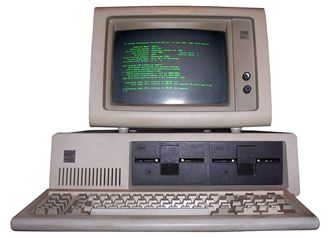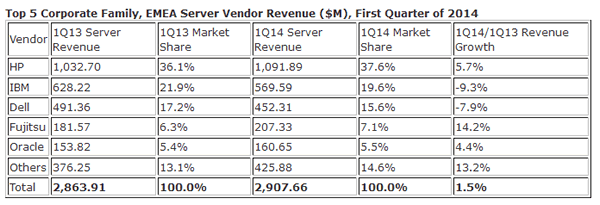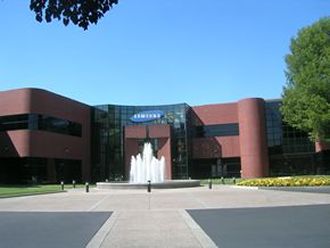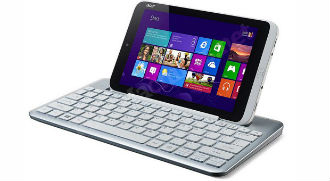 Megadistributor Avnet said it has been appointed as a global Lenovo route to market.
Megadistributor Avnet said it has been appointed as a global Lenovo route to market.
This follows Lenovo’s acquisition of IBM’s System x (X86) server business early in the month.
Avnet said it will sell Lenovo servers in over 40 different countries around the world.
As well as Lenovo System x systems, Avnet will sell BladeCenter and Flex System blades and switches, X86 integrated system, NextScale and iDataplex servers, software and maintenance.
But this does not mean Avnet is waving goodbye to IBM. It’s worked with Big Blue for nearly 30 years and will continue to distribute IBM Power Systems, Storage Systems, Power Flex servers, training, software and services.
Tony Madden, a senior VP at Avnet Global said: “Avnet is working closely with Lenovo to ensure a seamless transition for existing System x channel partners and their customers.”

















